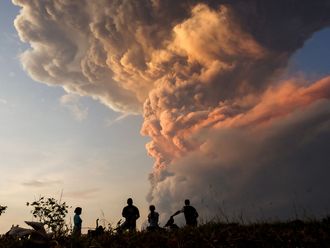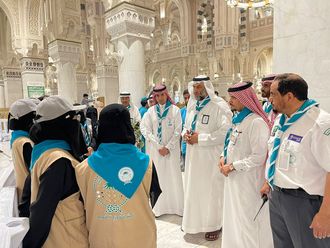Seoul: Former US President Jimmy Carter arrived in North Korea on Wednesday to try to win the release of an American jailed for illegally entering the reclusive state, media reports said.
The visit comes amid heightened tensions on the peninsula after the torpedoing in March of a South Korean warship, which Seoul blames on the North and which prompted Washington to announce expanded sanctions against Pyongyang.
North Korea's KCNA news agency said Carter and his group arrived in Pyongyang and was met at the airport by Vice Foreign Minister Kim Kye-gwan, who represents Pyongyang at six-way nuclear disarmament talks that had been on hold for two years.
Carter, 85, and his wife flew in a private jet and not a US military plane, South Korea's Yonhap news agency said earlier, quoting a US diplomatic source. A US official said on Tuesday that Carter would travel to the North on a private humanitarian mission to secure the release of Aijalon Mahli Gomes, who has been sentenced by the North to eight years hard labour.
Gomes, 30, tried to commit suicide out of despair, the North’s state media said last month. Gomes, who KCNA said was from Boston, crossed into the North in January carrying a letter calling on leader Kim Jong-il to repent his sins and step down, a South Korean religious activist who had met him has said.
Gomes had been teaching English in Seoul for about two years before making the trip to North Korea. He was also active in Protestant churches, his colleagues said.
Former President Bill Clinton made a similar humanitarian trip last year, winning the release of two journalists also jailed for illegally entering the North.
Clinton's trip was followed by dialogue between Pyongyang and Washington marking an end to a series of provocations by the North and briefly easing tensions in the region.
South Korean media have reported the North wants Washington to send an envoy to discuss improving ties, including the resumption of stalled six-party nuclear disarmament talks.
Both Washington and Seoul have said Pyongyang must first admit responsibility for the sinking of the warship before they will consider returning to the talks.











